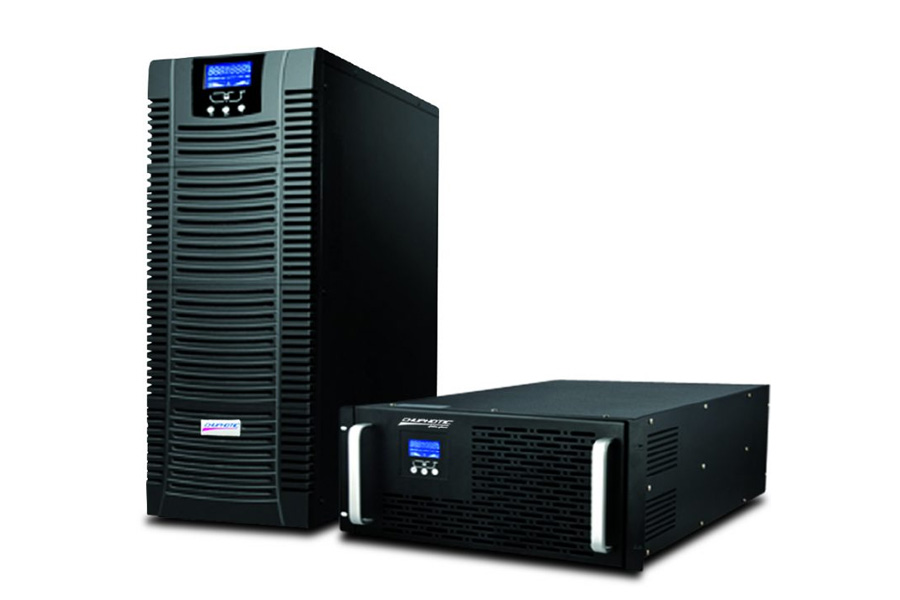Given the present management system where organizations are mostly technology and information-dependent, it is paramount that servers are all kept working. Any break within that short period of time would have a negative impact on the business, most especially with regard to data integrity. One of the tools designed to help minimize such incidences is a UPS (Uninterrupted Power Supply) server.
A server UPS (เครื่อง สำรอง ไฟ server, which is the term in Thai) is ideally meant to ensure battery endurance halfway over the operation at a safe point within the cycle. In this blog, we’ll highlight the main advantages of employing a server UPS and explain why it is a must-have feature in all IT installations.
What is a Server UPS?
A server UPS is usually understood as an uninterruptible power supply that ensures power continuity to your servers in the event of a power failure. It acts as a buffer by offering temporary power to the critical systems during a power cut. Usually, server UPS units not only provide a power backup but also include surge protection devices and often power conditioning capabilities that help in regulating the power supplied to the IT equipment in order to avoid any electrical damage.
Benefits of Using a Server UPS
Minimize Downtime
Most businesses that rely on servers tend to suffer financially whenever there are interruptions. Once tragic loss occurs, there is an element of severe protection that can be provided by server UPS. A sudden out-of-power situation can be maintained at a healthy level by ensuring all important business activities are performed within a bound period of time. Most of the time, a UPS is used not only to annoy somebody who is situated far across the room but also to help the IT administrators manage their operations without any serious hold-ups.
Cost-Effective Solution
A server UPS is an economical means of protecting one’s IT system. Even a data centre UPS cost is considered low when one thinks of the costs associated with data loss, unmanageable downtimes, loss, or damage to equipment. There is that sense of comfort that comes along with knowing that there are provisions to protect one’s critical systems from unforeseen power challenges.
Conclusion
Regardless of the scale of the company, inevitable power interruptions and fluctuations make it necessary to get a server UPS. It doesn’t matter whether you operate a petty office server or a huge data hub. It is very important to provide uninterrupted power and system safety in order to avoid expensive downtimes. It would be prudent to consider getting a decent network server UPS to protect your information technology system and maintain normal business activities even when there are unexpected power outages.






